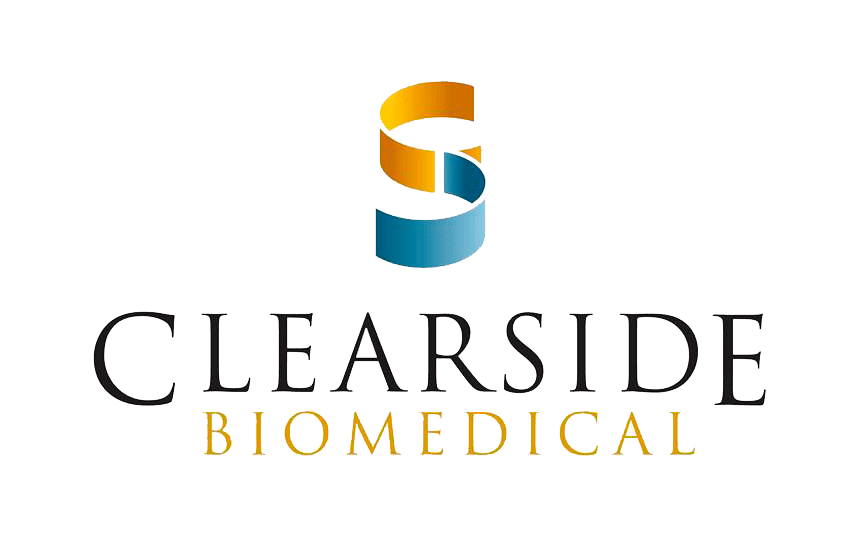“Importantly, the Agency has accepted our proposed plan to conduct one randomized, double-masked, sham-controlled Phase 3 clinical study along with appropriate literature supporting this indication as part of the requirements for a potential 505(b)(2) NDA submission.”
“We are very pleased with the outcome of our interactions with the FDA and have a clear path forward to conduct a Phase 3 clinical study with our triamcinolone acetonide, CLS-TA, administered to the SCS for the treatment of macular edema associated with non-infectious uveitis,” said Daniel H. White, president and CEO of Clearside. “Importantly, the Agency has accepted our proposed plan to conduct one randomized, double-masked, sham-controlled Phase 3 clinical study along with appropriate literature supporting this indication as part of the requirements for a potential 505(b)(2) NDA submission.”
Data from Clearside’s completed Phase 1/2 study showed improvement in best corrected visual acuity (BCVA) ranging between one and five lines (or up to 25 letters). BCVA is measured on an Early Treatment of Diabetic Retinopathy Study (ETDRS) eye chart in which a line of improvement corresponds to five letters of improvement. When measured at week 12, the average improvement in BCVA exceeded two lines of improvement while at week 26 the average was close to three lines of improvement. No patient in the trial experienced any meaningful increase in intraocular pressure (IOP) at any time point following the suprachoroidal injection of TA; therefore, no patients were required to use IOP-lowering medications in the trial. Historically, treating ophthalmic conditions with steroids has shown adverse effects, like increases in intraocular pressure that may lead to glaucoma and lens opacification. Based on these data, Clearside believes that the suprachoroidal administration of steroid in the eye using their proprietary microinjector will provide efficacy while avoiding or reducing some of the side effects that are commonly seen with steroid usage.
The Phase 3 trial for CLS-TA is being designed to measure the safety and efficacy of CLS-TA, triamcinolone acetonide injectable suspension, for the treatment of macular edema associated with non-infectious uveitis. The primary endpoint of the Phase 3 study is the proportion of subjects with an improvement of ≥15 letters in ETDRS BCVA at 24 weeks subsequent to suprachoroidal injections of CLS-TA or sham injection procedures at baseline and Week 12. Approximately 150 patients in up to 50 U.S. and international sites will be enrolled. Secondary efficacy endpoints will include the mean change from baseline in BCVA letters read and mean change from baseline in retinal thickness.
About Uveitis
Uveitis is one of the most frequent causes of blindness in the developed world. Based on prevalence data published in the journal Ophthalmology in 2004 and United States census data for 2010, it is estimated approximately 350,000 individuals in the United States suffer from some form of uveitis. Typically diagnosed in individuals between the ages of 20 and 50, uveitis can occur in one or both eyes and accounts for approximately 10% of cases of blindness in the United States, according to a study published in Journal of Ophthalmology. Uveitis can be either infectious or non-infectious. Non-infectious uveitis accounts for approximately 80% of all uveitis cases. Macular edema related to uveitis is the predominant cause of blindness or visual impairment among patients with uveitis, accounting for approximately 30% of cases of blindness in uveitis patients. Because uveitis can become chronic or recurrent if not adequately treated, some patients may become refractory, or unresponsive, to treatment, leading to irreversible blindness.
About Clearside Biomedical, Inc.
Clearside Biomedical, Inc., headquartered in Alpharetta, GA, is a clinical-stage biopharmaceutical company developing first-in-class drug therapies to treat blinding diseases of the eye. Clearside’s product candidates focus on diseases affecting the retina and the choroid, especially diseases associated with macular edema. Visit www.clearsidebio.com for more information.

 ALPHARETTA, Ga.--(
ALPHARETTA, Ga.--(
